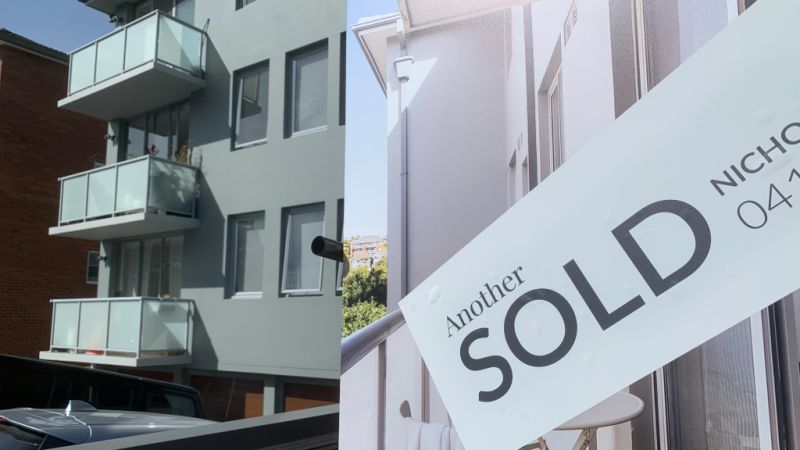Australians could face home loan rejections due to little-known issues that can greatly influence the outcome, with some unknown factors making it harder for brokers to be able to submit applications in the first place, according to mortgage brokers.
Although the home loan application process can be complex and arduous, many buyers remain confident that they understand the risks. But do they?
Here are some particularly surprising reasons for home loan denials, as well as ways prospective homeowners can improve their chances of approval.
1. You keep inactive credit cards
The average Aussie may not have given much thought to their unused credit cards, stuffed long ago in their wallet, paid for and forgotten about.
However, these cards can constitute a reason for refusing a mortgage, whether or not they are have been paid.
In the event of inactivity, the bank risks closing the account and banks are not required to inform their customers if this were to happen.
Whether a credit card is closed by the bank — rather than being actively closed by the customer — it could impact their credit rating, says Kareene Koh, managing director of Domain Home Loans.
“One way to improve your borrowing power is to close any old credit cards or other personal finances you may have,” she says. “Even if you’re not actively using it, it will still count when the bank assesses your working status.”
2. You have a “high risk” credit history
When it comes to home loan rejections, poor credit doesn’t necessarily mean people have had bad debts like defaults.
Rather, it may mean they have demonstrated high-risk characteristics like excessive demands for unsecured debt in the form of credit cards, unsecured personal loans and reliance on payday lenders, says specialist Gregory Boustead. Domain home loans.
He cites many instances where applicants don’t actually need a credit card but like to get special offers without realizing the impact it will have on their credit history.
“That’s not to say people shouldn’t ask for credit cards and the like,” Boustead says. “They just need to beware that excessive demands for unsecured debt can negatively impact their credit score, as it can create the appearance of poor money management..”
3. You miss real savings
While it’s well known that people need big savings to buy a property, Marcus Russell, a mortgage expert on the estate, says that’s not necessarily well understood.
“Most people are told by family, or maybe another friend, [that] they require five percent of the purchase price. But it’s actually five percent plus costs – i.e. something closer to eight to nine percent to account for potential partial or full stamp duty and lender’s mortgage insurance .
If you’re not sure you have enough to cover all the hidden costs, it’s a good idea to budget and save an overage amount to cover all the bases and even access more options. , said Russell.
4. You are self-employed and have received government grants
Some companies receive government grants. However, many are unaware that these grants are deducted from their overall income, effectively reducing their ability to borrow. Russell describes him as a “fat guy” that a lot of people don’t know they might get rejected for.
“The solution is to make sure you mention this to your broker upfront. More and more banks are looking at this more constructively,” says Russell.

Refund Calculator
See how much your monthly repayments would be.
5. The bank doesn’t like the location or type of property you’re trying to get a loan for
Sometimes homeowners find themselves unable to get a new home loan approved because the property or location is too risky.
From the type of property to the likelihood of floods and fires, and even the suburb you want to buy in, everything can impact whether or not you get the green light from lenders, brokers say.
“The bank may have lent too much to buyers in a particular suburb, so if that suburb is experiencing a decline in property values, the bank is taking a significant risk,” Boustead says.
And that’s not all – homeowners can also be denied refinancing of their existing home.
“Earlier this year, a client was looking to refinance but was unable to because his property was rezoned to be in a bushfire risk area,” says Boustead. “As the property was not connected to the water network and only had access to water from the reservoir, no bank would refinance as it was considered too high a risk.”

Domain Home Loans, Auscred Services Pty Ltd Credit Representative 500208, Australian Credit License 442372.

